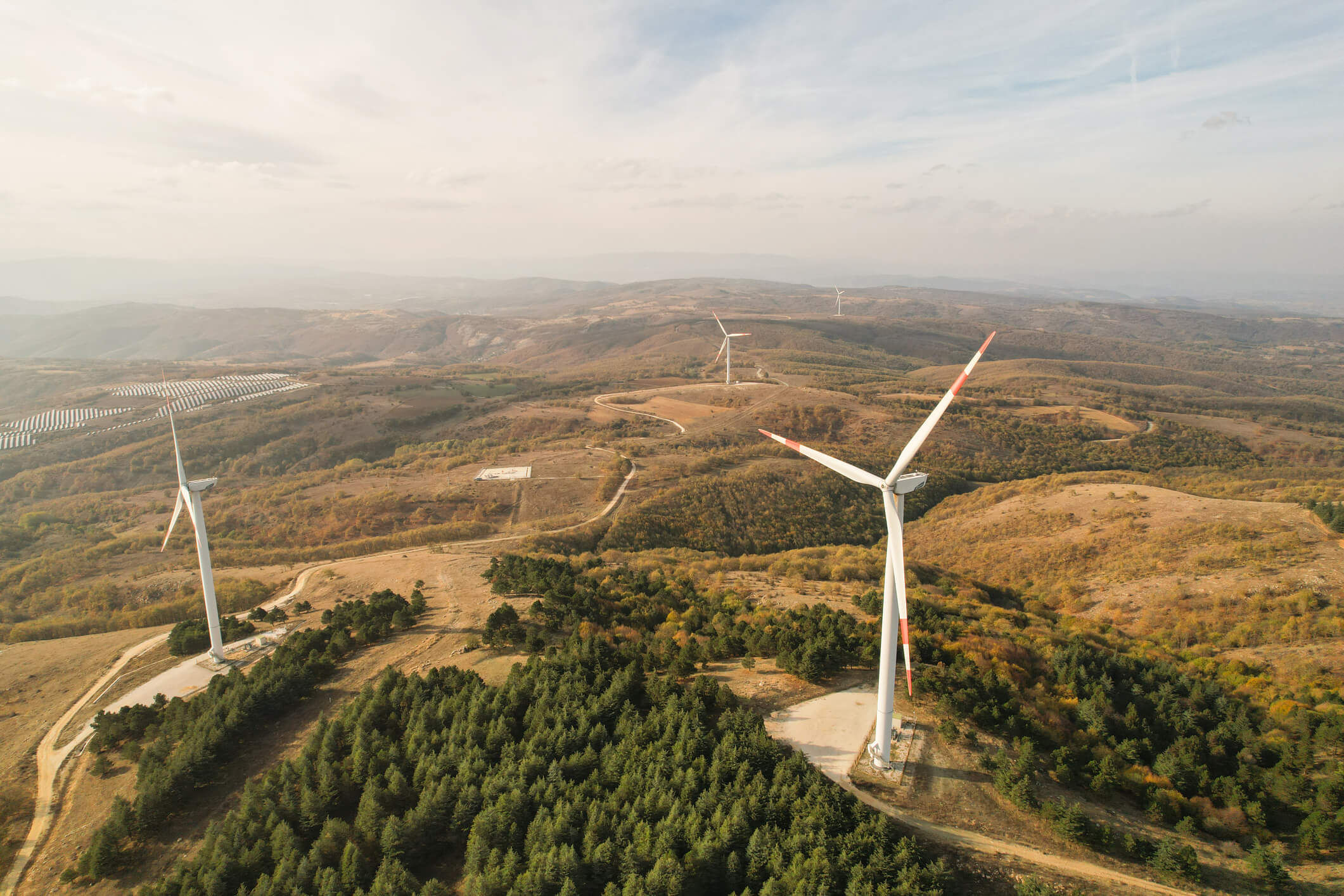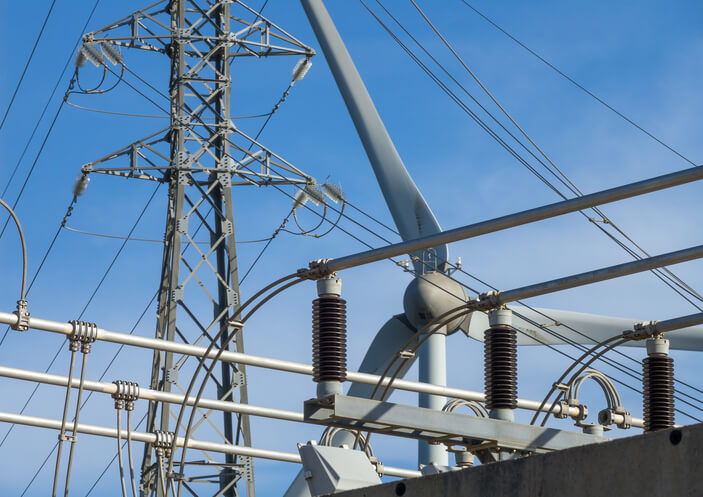- Changing Resource Mix
- Bulk Power System Planning
- Resource Adequacy and Performance
- Loss of Situational Awareness
- Cybersecurity
- Critical Infrastructure Interdependencies
Looking ahead to the many changes coming to North America’s Bulk Power System (BPS), NERC’s 2019 ERO Reliability Risk Priorities Report highlights the top issues requiring industry and regulatory attention and recommends actions for the ongoing protection of BPS reliability.
Related Services
While There Are Fewer Recommendations In The 2019 Report Than In Previous Years
Due to consolidation and the removal of areas with ongoing activity, NERC identifies 10 priorities with the following classification:
- Increasing Complexity in Protection and Controls
- Human Performance and Skilled Workforce
- Extreme Natural Events
- Physical Security
Extreme natural events and human performance/skilled workforce were determined to have a higher risk and impact than in previous years, and NERC considers cybersecurity to be the highest impact and highest likelihood risk. Utilities should be aware of the following key risk situations which may require renewed attention to maintain reliability and compliance.
The shift away from conventional synchronous central-station generators toward a new mix of resources continues to challenge generation and grid planners and operators. The resource mix includes natural-gas-fired generation and unprecedented proportions of non-synchronous resources such as renewables and battery storage; demand response; smart and microgrids; and other emerging technologies. Collectively, the new resources are more susceptible to energy shortfalls providing an outcome of energy limited systems, rather than controlled fuel-based systems that are displaced.
Resource adequacy issues through common mode contingencies in fuel supply – whether the fuel is natural gas (loss of gas pipeline for instance) or inverter-based systems (inverter control system parameters) – will become planning contingencies.
The policy drivers in some states to decarbonize the power production fleet and the aging of existing generation infrastructure will alter the capabilities and dispatch of generation, leading to further resource and grid transformation.
The report repeats prior concerns regarding control and protection systems complexity. It notes that the interaction and performance of control systems during transient events, including the control systems in remedial action schemes (RAS) and other protection systems, must be understood to prevent new common-mode failures. For example risks that had not previously been anticipated include the inverter based generating resource performance as demonstrated during the Blue Cut Fire and other related events, misoperation of RAS logic and control systems, interdependencies of RAS operations in sequence and follow through.
There are a wide range of risks discussed in the report. Regulations will change in order to address these risks. It is important to stay ahead of the issues that NERC and other regulatory agencies will be pursuing. Utilities are advised to review the report in detail to understand the direction NERC is planning to take the industry in response to the identified reliability risks. The report provides new avenues for NERC to implement guidelines and potentially new standards.
Resources




